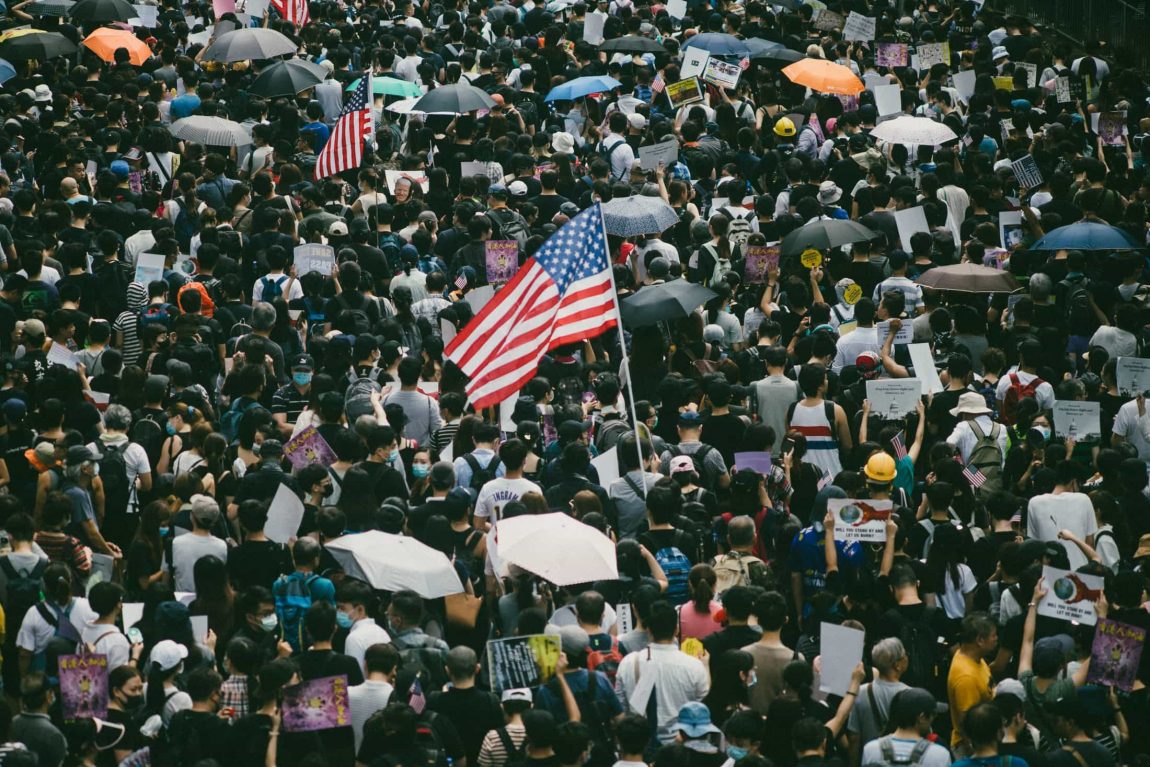- The United States is home to a diverse population of 331.4 million people from various racial and ethnic backgrounds.
- Americans speak a multitude of languages and practice a variety of religions, reflecting the country’s rich cultural diversity.
- The population includes White and European Americans, Middle Easterners and North Africans, Hispanic and Latino Americans, Black and African Americans, Asian Americans, Native Americans and Alaska Natives, and Native Hawaiians and other Pacific Islanders.
- The American identity is shaped by a blend of cultures, languages, and beliefs, unified by shared values and principles.
Americans, the citizens and nationals of the United States, form a vibrant and diverse tapestry of ethnicities, languages, and cultures. The United States, with its rich history of immigration and the amalgamation of various cultures, stands as a unique confluence of global identities.
Population Overview
According to the 2020 U.S. census, the American population was approximately 331.4 million. This figure includes a wide array of racial and ethnic groups, making the United States one of the most ethnically diverse countries in the world.
The American Diaspora
The American diaspora, estimated at nearly 3 million, is spread across various countries, with significant populations in Mexico, the Philippines, Canada, the United Kingdom, and many others. This diaspora reflects the global influence and reach of American culture and its people.
Languages and Religion
- Languages: While American English is the majority language, a multitude of languages, including Spanish and various indigenous languages, are spoken, reflecting the country’s multicultural heritage.
- Religion: The United States embraces a variety of religious beliefs, with Christianity being predominant. However, other faiths such as Judaism, Islam, Hinduism, and Buddhism, are also practiced, illustrating the religious diversity of the nation.
Racial and Ethnic Diversity
White and European Americans
- White Americans, including those of European descent, constitute the largest racial group in the U.S.
- European Americans are diverse in themselves, tracing their ancestry to various European ethnic groups.
Middle Easterners and North Africans
- This group includes diverse communities such as Arab Americans, Iranian Americans, and American Jews.
- Their history in the U.S. dates back to the 15th and 16th centuries, with many arriving to escape persecution or as immigrants seeking new opportunities.
Hispanic and Latino Americans
- Hispanic and Latino Americans form the largest ethnic minority in the United States.
- They have a long and rich history in the U.S., with significant populations tracing their origins to Mexico, Puerto Rico, Cuba, and other Latin American countries.
Black and African Americans
- Black and African Americans are an integral part of American society, with their history intertwined with the nation’s very foundation.
- The community is largely descended from Africans who were brought to America during the transatlantic slave trade.
Asian Americans
- Asian Americans, from regions including East, South, and Southeast Asia, represent a significant and growing portion of the U.S. population.
- They contribute immensely to the cultural, economic, and social fabric of the nation.
Native American and Alaska Natives
- Native Americans and Alaska Natives are the indigenous peoples of the United States.
- Their rich heritage and cultures are foundational to the history and development of the country.
Native Hawaiians and other Pacific Islanders
- This group includes people with origins in Hawaii, Guam, Samoa, and other Pacific Islands.
- They add to the rich cultural mosaic of the American populace.
Multiracial and Other Identities
- The multiracial American population reflects the blending of different cultures and ethnicities.
- “Some other race” is a category used by individuals who do not identify with the standard racial groups.
The American Identity
The American identity is a complex and evolving concept, reflecting the country’s history of immigration and cultural integration. It encompasses a range of cultural, linguistic, and religious traditions, making the United States a unique example of a multicultural society. Americans, regardless of their diverse backgrounds, share common values such as freedom, democracy, and a belief in the American dream.





